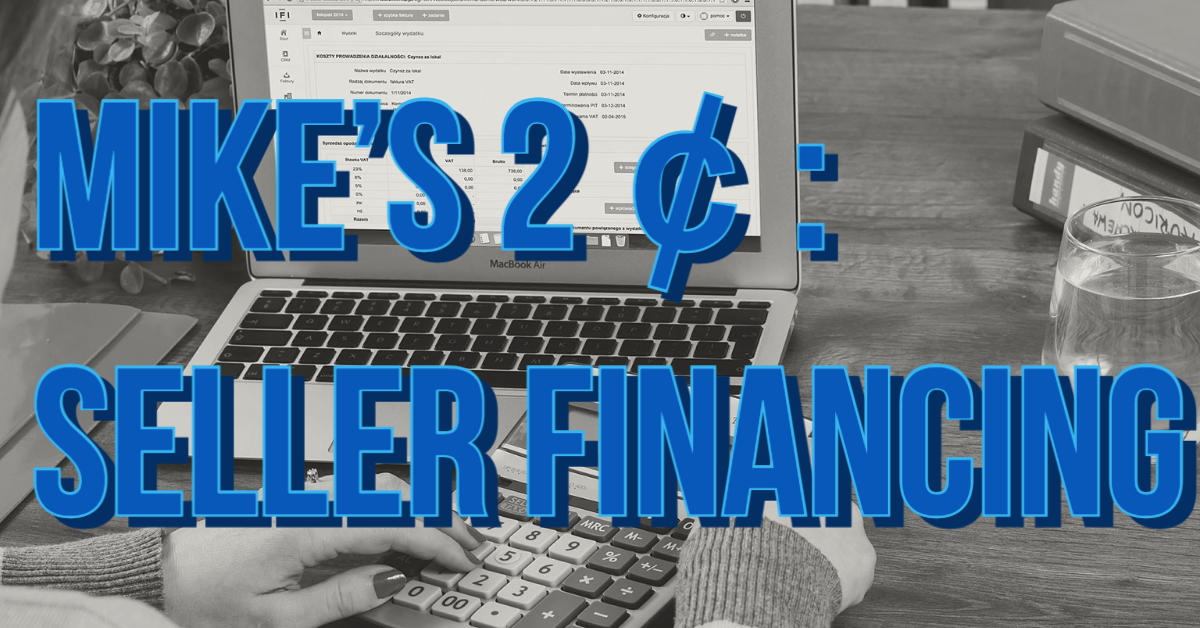Here in California along with many other states, One of the most important things when it comes to selling property is the tax basis on the property. For example, if you have a property that you purchased 30 years ago… And let’s say it was an investment property that over the years you have been depreciating and writing off expenses with your tax person.
Over time, your basis has been decreasing, therefore at the time of sale, you may have to do what’s called recapture of depreciation. The tax bill could potentially be huge, so before selling your property, you want to make sure you know how much you are going to pay in taxes! That’s called capital gains taxes. Long-term capital gains if you’ve owned the investment property for more than 12 months.
When you’ve owned a property for a long time (anything over 12 months), you’re going to have long-term capital gains and you want to know what your basis is on that property. On the other hand, let’s say if you were to have a very large tax bill coming up prior to selling it, you can talk to your tax professional and see if it would be better to do an installment sale or essentially do what’s called “seller financing” or “seller carry”.
If you were to sell that property and you were to do a traditional sale where you sell a property for a million dollars and the new buyer comes in and takes on a loan for that property you typically get “cashed out”, and you must worry about the taxes later.
If you were to do a seller financing on that same property, instead of getting a million dollars in cash and then paying a potentially large tax bill, you could take a smaller down payment, for example, 10%, and the rest of the value of that property carrier in the form of a loan where you act as the “bank”. Let’s say that you received 10% and the property is worth a million dollars. The new buyer is going to give you 100,000 cash, and your tax person will tell you much you’re going owe taxes that year of that 100,000.
Then let’s say the new buyer begins to pay you over the next 10 or 20 years. You can spread out the $900,000 loan, and it can reduce your overall tax liability and capital gains because you’re receiving the capital gains spread out over time.
Seller financing can be beneficial for the buyer coming in, and for the seller because of tax purposes, depending on what your basis is on that property.
Suppose you were to sell that property, and you were to do a traditional sale where you sell a property for a million dollars, and the new buyer comes in and takes on a loan for that property. In that case, you typically get “cashed out” and worry about the taxes later.
If you were to do a seller financing on that same property, instead of getting a million dollars in cash and then paying a potentially large tax bill, you could take a smaller down payment, for example, 10%, and the rest of the value of that property carrier in the form of a loan where you act as the “bank.” Let’s say that you received 10% and the property is worth a million dollars. The new buyer will give you 100,000 cash, and your tax person will tell you much you’re going to owe taxes that year of that 100,000.
Then let’s say the new buyer begins to pay you over the next 10 or 20 years. You can spread out the $900,000 loan, and it can reduce your overall tax liability and capital gains because you’re receiving the capital gains spread out over time.
Seller financing can be beneficial for the buyer coming in and the seller because of tax purposes, depending on your basis on that property.
Contributor: @MichaelPomes

